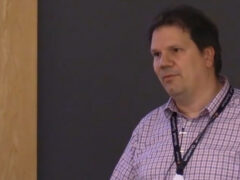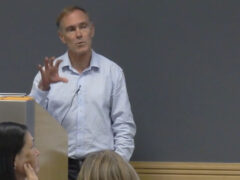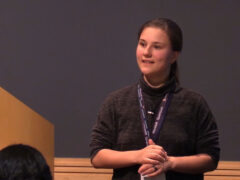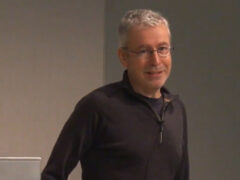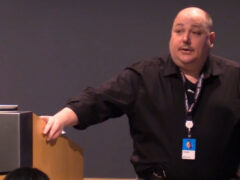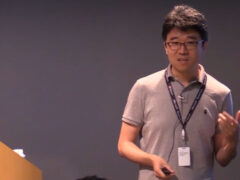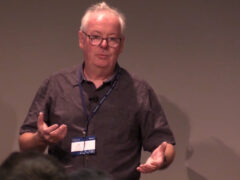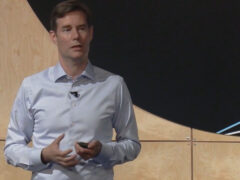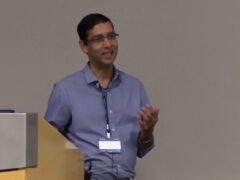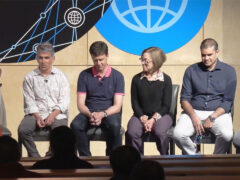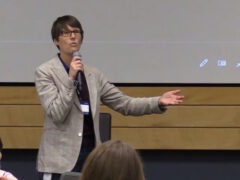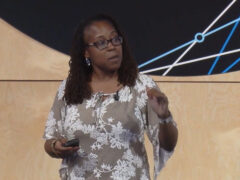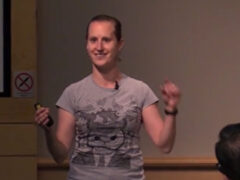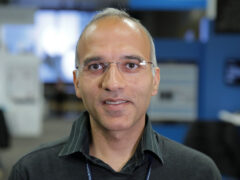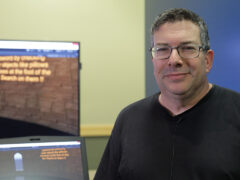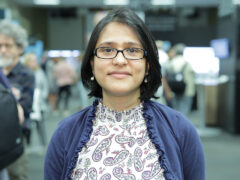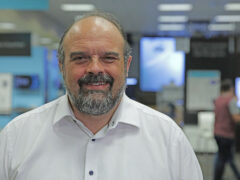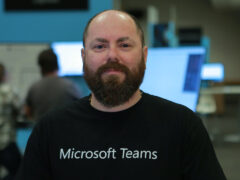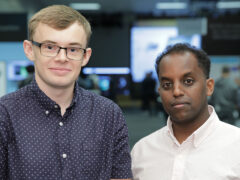Challenges in Geo-Distributed Data Center and Application Design
Online apps that matter are geo-distributed, because they serve millions of users around the world. Geo-distribution is important for latency, availability, and increasingly also for efficiency. Due to rapid growth in the volume of demand served, large numbers of geo-distributed data centers today can benefit from the same multi-megawatt economies of scale that were initially limited to a few centralized ones. As a result, modern cloud infrastructures are already highly geo-distributed. Trends such as our increasing reliance on online services, and the growth in mobile device usage that has converted many client based applications into cloud services, indicate that data center infrastructures will be even more geo-distributed in the future. This session discusses challenges in designing a geo-distributed data center infrastructure and developing software applications for it.
Speaker Details
Bhuvan Urgaonkar is an associate professor of computer science and engineering at Penn State, where he has worked since 2005. He earned the Ph.D. (2005) degree in computer science at the University of Massachusetts Amherst and the B.Tech (honors) degree in computer science and engineering at the Indian Institute of Technology Kharagpur (1999). His research involves applying ideas from distributed computing, resource management, performance evaluation, and analytical modeling to the design and evaluation of data centers, networked systems, and operating systems. Urgaonkar is a recipient of the NSF CAREER Award (2010) and a research award from Cisco (2007). With his co-authors, he has received the following awards or other special recognition: “Best Paper” at IEEE IISWC 2013, “Best Paper” at IEEE MASCOTS 2012, “Best Paper Nomination” at ACM Sigmetrics 2012, “Best Student Paper” at IEEE MASCOTS 2008, and “Best Student Paper” at IEEE ICAC 2005.
Michael J. Freedman is an Associate Professor in the Computer Science Department at Princeton University. His research broadly focuses on distributed systems, networking, and security, and has led to commercial products and deployed systems reaching millions of users daily. Honors include a Presidential Early Career Award (PECASE), Sloan Fellowship, NSF CAREER Award, ONR Young Investigator Award, DARPA CSSG membership, and multiple award publications.
Adam Wierman is a Professor in the Department of Computing and Mathematical Sciences at the California Institute of Technology, where he is a founding member of the Rigorous Systems Research Group (RSRG) and maintains a popular blog called Rigor + Relevance. His research interests center around resource allocation and scheduling decisions in computer systems and services. He received the 2011 ACM SIGMETRICS Rising Star award, and has been coauthor on papers that received of best paper awards at ACM SIGMETRICS, IEEE INFOCOM, IFIP Performance, IEEE Green Computing Conference, IEEE Power & Energy Society General Meeting, and ACM GREENMETRICS.
- Date:
- Speakers:
- Bhuvan Urgaonkar, Michael Freedman, and Adam Wierman
- Affiliation:
- Pennsylvania State University, Princeton University, California Institute of Technology
-
-
Jeff Running
-

Michael Freedman
Technical Fellow
-
Series: Microsoft Research Faculty Summit
-
-
Quantum Computing and Workforce, Curriculum, and Application Development: Case study
Speakers:- Krysta M. Svore,
- Martin Roetteler
-
-
-
-
Crowd, Cloud and the Future of Work: Updates from human AI computation
Speakers:- Besmira Nushi,
- Vani Mandava
-
-
-
-
-
Empowering People to Achieve More: How Useful a Concept is Productivity?
Speakers:- Brendan Murphy
-
-
Productivity in Software Development
Speakers:- Neel Sundaresan,
- Margaret-Anne Storey,
- Prem Kumar Devanbu
-
-
-
-
-
-
-
Accessible Virtual Reality
Speakers:- Eyal Ofek
-
Calendar.help: A Virtual Meeting Scheduling Assistant
Speakers:- Pamela Bhattacharya
-
Visual Studio IntelliCode
Speakers:- Mark Wilson-Thomas
-
Microsoft Teams: Collaborate with Any Researcher Anywhere
Speakers:- Jethro Seghers
-
Project Alava: Programming Webs of Microcontrollers
Speakers:- James Devine,
- Teddy Seyed
-
AI in PowerPoint
Speakers:- Kostas Seleskerov


